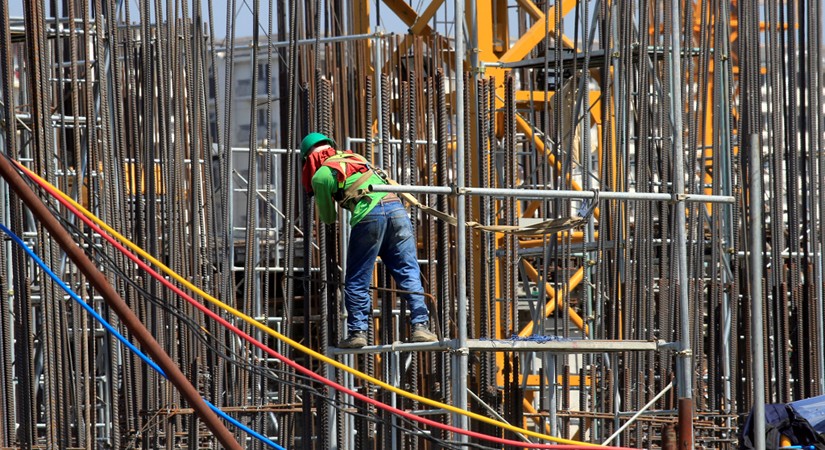Property price hikes pose rising risk to banks

PROPERTY PRICE hikes fueled by the Philippine offshore gaming operators (POGO) sector may pose increasing risks to the banking industry, according to Fitch Ratings.
“Recent data point to speculative activity that could affect market stability if unchecked,” Fitch said in a note sent to reporters on Wednesday.
“To the extent that the increase in prices has been driven by a boom in the Philippine online gaming operator sector, it may also expose banks and the property industry to greater policy risk.”
Fitch noted that prices of residential properties rose 10% year on year in the third quarter of 2019, making it one of the strongest growth prints in any major real estate market since 2010.
Condominium prices in Metro Manila climbed by an “unsustainable” 34% year on year, Fitch pointed out.
“The surge partly reflects a 75 bps (basis points) decline in Philippine policy interest rates since April 2019, but also strong demand from the POGO sector, which anecdotal reports suggest has accounted for around 30% of Metro Manila office demand over 2018-3Q19,” the credit rater said.
“Fitch believes this activity is likely to have had spillover effects on nearby residential property prices,” it added.
Policy rates stand at four percent for the overnight lending facility, while overnight reverse repurchase and overnight lending rates stand at 3.5% and 4.5%, respectively, following 75 bps worth of cuts last year which partially offset the 175 bps in rate hikes implemented by the Bangko Sentral ng Pilipinas (BSP) in 2018.
A report by real estate service firm Leechiu Property Consultants (LPC) in December traced that POGOs have become the single biggest source for office space demand in the country as the industry accounted for 44% or about 738,000 sq.m. of Metro Manila’s office space in 2019, overtaking the information technology-business process management (IT-BPM) sector.
This is a 67% surge compared to the 443,000 sq.m. worth of space POGOs occupied in 2018.
The influx of POGO workers has in turn translated to robust demand for residential spaces, particularly condominiums in key areas where POGOs operate — Makati City, Alabang, Quezon City and the so-called Bay Area.
‘SPECULATIVE’
Fitch said a prolonged period of “rapid house price inflation” may cause increased borrowing, especially if the rise in prices is “speculative.”
Higher real estate prices could also cause property developers to “over-invest in future supply, risking an inventory overhang if demand weakens.”
“Both trends have a tendency to raise private-sector leverage, making the economy more susceptible to downside risks. Studies show that asset bubbles fueled by credit booms typically lead to deeper and longer downturns,” the credit rater said.
“Increased scrutiny or a clampdown on the sector by Chinese or Philippine authorities could call into question the growth and viability of the industry and may ultimately lead to knock-on effects on domestic property demand and the broader economy,” Fitch added.
Fitch said banks’ real estate exposure has remained “broadly stable” at around 20% of total loans since 2015. However, credit growth has been high at around 14%, and 13% for real estate lending since 2015.
Latest BSP data showed loans for real estate activities inched up by 19.3% year on year to P1.631 trillion as of November 2019 from P1.354 trillion the previous year.
Fitch said the credit implications of the rise in property prices will depend partly on lenders’ underwriting standards, with a sharp correction in the real estate market likely to pose risks to banks’ asset quality.
“A significant loosening of underwriting standards designed to accommodate price affordability, such as a relaxation of loan-to-value limits or debt-service ratios, or a shift towards excessive loan tenors, could negatively affect our assessment of their rating profiles, particularly if coupled with weakening loss-absorption buffers. Rapid price appreciation also makes it harder for banks to assess the true market value of property, raising downside risks to collateral valuations,” the debt watcher said.
Fitch said so far, its rated banks’ underwriting standards “remain broadly acceptable.” As for their asset quality, lenders’ current capital ratios are expected to give them ample buffers despite their exposure to the real estate sector. — L.W.T. Noble
Source : https://www.bworldonline.com/property-price-hikes-pose-rising-risk-to-banks/
Tags: Property Real Estate










